Coffee’s Conflict with Ethics & Ecology + 10 Fair Trade Organic Coffees
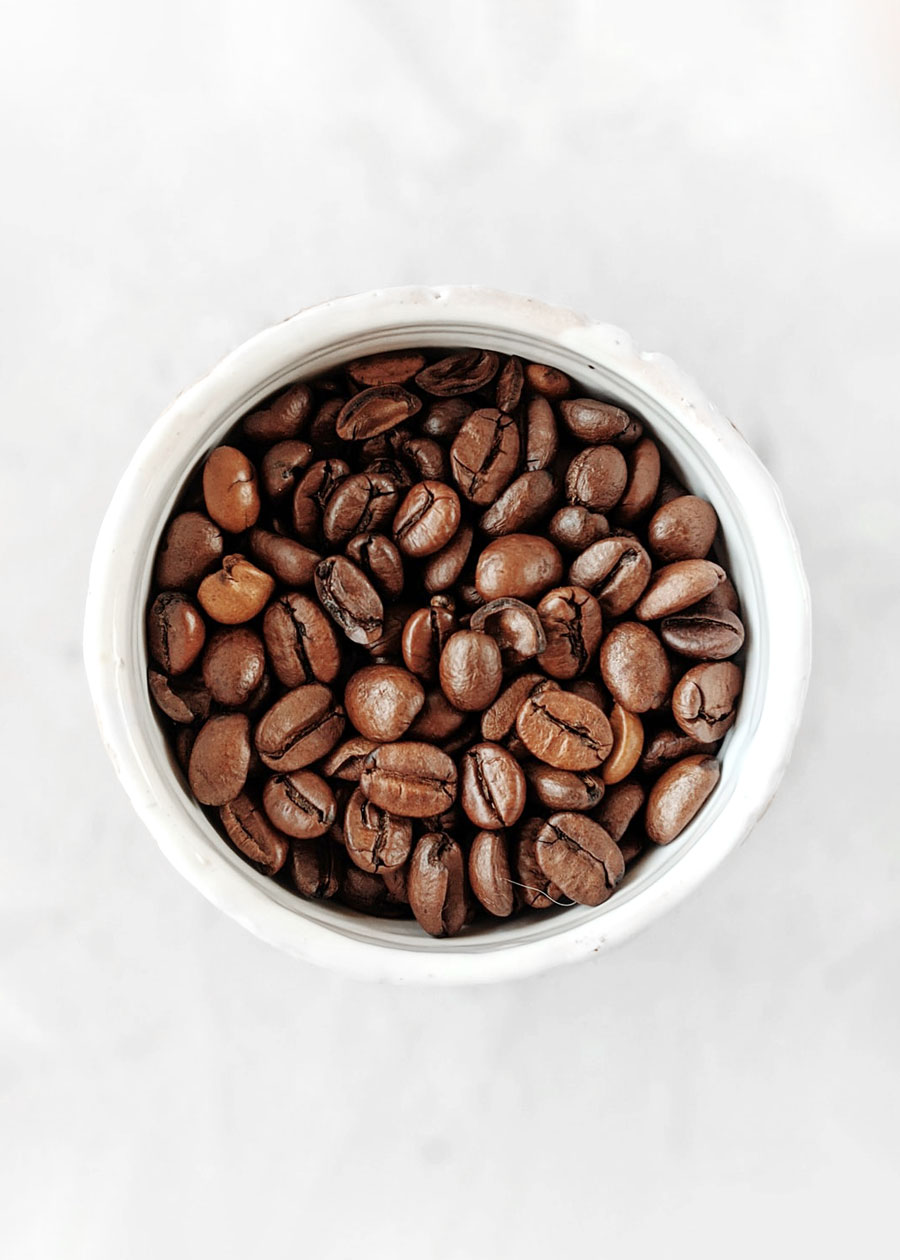
Photo via Unsplash.
Coffee’s Conflict with Ethics and Ecology
Coffee is a fruit, a fruit that evolved in the Ethiopian highland forests where it only grew in the shade for the first several hundred years of human cultivation. The warriors of the East African tribespeople used it to invigorate themselves for battle!
In the 1970s, agronomists started to believe that growing coffee in direct sunlight could increase photosynthesis, prevent disease, and allow greater density of shrub planting. So farmers started to cut down the tree canopies that shaded their shrubs. The native wildlife that naturally supports the ecosystem started to disappear. They compensated for the loss of natural insect-killing birds and bats by applying more pesticides. They compensated for the loss of the trees’ soil-fertilizing leaves and roots by applying more chemical fertilizers.
QUICK NAVIGATION
Monocropping became the standard farming practice alongside ‘sun cultivation’ methods. The coffee industry erupted and has now become one of the world’s most tradable commodities, not too far behind oils, metals, and other crops. WWF reports that because of this, 2.5 million acres of forest in Central America have been cleared to make way for coffee farming, and deforestation is on the rise in coffee-growing countries. Incidentally, 37 of the 50 countries in the world with the highest deforestation rates are also major coffee producers.
The coffee industry also has serious labor problems. Coffee is on the U.S. Department of Labor’s list of Goods Produced by Child Labor or Forced Labor. An investigative report revealed “conditions analogous to slavery” on Brazil’s (the largest producer of coffee) coffee farms. It was found that on average, coffee farmers in developing countries receive only 10% of the retail price of the product. Combine this with competition among growers that has led to price reductions and undercutting, it leaves growers with no safety margin when the supply drops or bad weather strikes. Fair Trade International emerged in 1997 to mitigate the disparities between small farmers in developing countries and large, subsidized ones in industrialized countries.
Fair Trade – an arrangement designed to help producers in growing countries achieve sustainable and equitable trade relationships.
Direct Trade – direct trade in coffee is when a roaster buys coffee straight from a producer, as opposed to purchasing through brokers or importers.
Organic – plants grown and produced without the use of synthetic fertilizers or chemicals. This results in cleaner beans, air, land, and water.
Shade Grown – shade grown coffee mimics the natural way that wild coffee grows, under a canopy of trees in a balanced and diverse ecosystem. These plants grow more slowly than sun-grown coffee, but it is believed that this results in superior flavor.
Single Origin – means that it comes from a single producer, crop, or region in one country. It supports the work and income of small farmers. It’s different than mass-market coffee, which is generally a blend of beans from multiple regions that is less expensive.
Coffee can be sustainable. It is best grown without chemicals, under shade-canopy, at high elevations. It is best cultivated by farmers who employ fair trade or direct trade practices. By supporting sustainable coffee companies like the ones listed below, we are casting our vote for a better industry:
Affiliate Disclaimer: this website is supported by its audience and contains affiliate links. An affiliate link means I may earn advertising or referral fees at no extra cost to you if you make a purchase through these links. (read more)
Berkeley, CA
Biodynamic farming takes a holistic approach and considers the entire ecosystem including the interconnectedness of soil fertility and the health of plants, animals and people.
• Fair Trade
• Direct Trade
• Demeter Certified
• Regenerative + Biodynamic Farming
• 100% Compostable Packaging
Biodynamic farming goes beyond sustainability – it’s regenerative to the planet’s ecosystems, enhances biodiversity and boosts the soil’s natural fertility. It’s a clean, holistic approach to farming that eliminates the need for herbicides, pesticides, fungicides and chemical fertilizers. The result is healthy, nutrient-dense coffee plants that produce great tasting coffee. Below is an ariel view of Apricot Lane Farms, a family-run regenerative farm.
VISIT BIODYNAMIC COFFEE
St. Paul, MN
Equal Exchange’s co-op has over 100 worker/owners and each holds an equal share and voting rights in the business.
They have organized themselves as a democratic worker cooperative, now one of the largest in the country. A worker cooperative is an alternative for-profit structure based upon standard democratic principles. It is not designed to maximize profits, nor returns to investors, but rather to bring to the workplace many of the rights and responsibilities that we hold as citizens in our communities.
VISIT EQUAL EXCHANGE
Sacramento, CA
Pachamama introduced Traceable Coffee, a World Bank funded platform enabling consumers to “Tip the Farmer”.
Pachamama (translates to “Mother Earth” in indigenous Andean culture) is a coffee cooperative where farmers are the owners. These farmers grow, farm, and sell coffee directly to coffee aficionados in the US. The company works with five cooperatives in Mexico, Guatemala, Nicaragua, Peru and Ethiopia, each of which has a member on the company’s board of directors.
VISIT PACHAMAMA
RELATED POST: 11 Ethically Sourced Fair Trade Chocolate Companies
Leeds, AL
Higher Ground is constantly improving their process towards their goal of a completely sustainable business model. In order to offset their daily energy usage, they purchase wind power credits through Renewable Choice Energy, which helps subsidize wind farms.
Higher Ground Coffee is creating positive relationships by establishing partnerships with non-profits such as The Appalachian Trail Conservancy, The Black Warrior Riverkeepers, and The Cahaba River Society. Customers can enjoy sustainable coffees from around the world while supporting the preservation of our wild areas close to home.
VISIT HIGHER GROUND COFFEE
Twin Cities, MN
Peace Coffee is committed to forming long term partnerships with farmer cooperatives and consistently purchases their coffee at fair prices.
• Certified B Corporation
• Fair Trade
• USDA Organic
• Small Batch
• Shade Grown
• Single Origin
• Women-Led
The company started bike delivering their coffee before they could afford their own roasting machine! After expanding they faced new challenges including figuring out a cost-effective and earth-friendly way to deliver coffee to customers. Having seen the ingenuity of coffee farmers at origin, they took a cue from their transit tricks and adopted a bike delivery program, which still delivers over 50% of their Twin Cities coffee orders all year long.
VISIT PEACE COFFEE
Sustainable Coffee Certifications
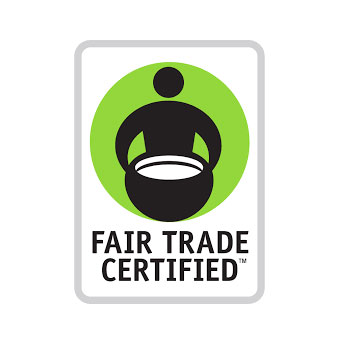
Fair Trade certified is administered by Fair Trade USA and is available, not only to co-ops, but also to single farms of any size and groups of non-landholding laborers.
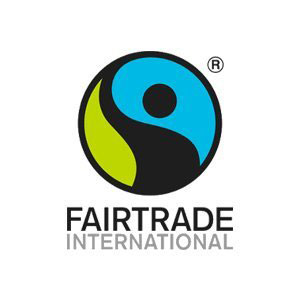
Fair Trade International is administered globally by Fairtrade International and by Fairtrade America in the U.S. Its certification is exclusively available to cooperatives of small coffee producers.
The Rainforest Alliance seal means that the certified product or ingredient was produced using methods that support the three pillars of sustainability: social, economic, and environmental.
This certification focuses on small producers who aready have an organic certification. Bird Friendly coffee supports fair and stable prices for coffee producers, healthy environments for communities, greater biodiversity and protection for bird habitats, and equal access to markets for Bird Friendly coffee producers.
↟↟↟
SOURCES
• List of Goods Produced by Child Labor or Forced Labor | US Department of Labor
• Nestlé admits slave labour risk on Brazil coffee plantations | The Guardian
• Timber Industries | WWF
• Coffee has a latte problems | EarthDay.org

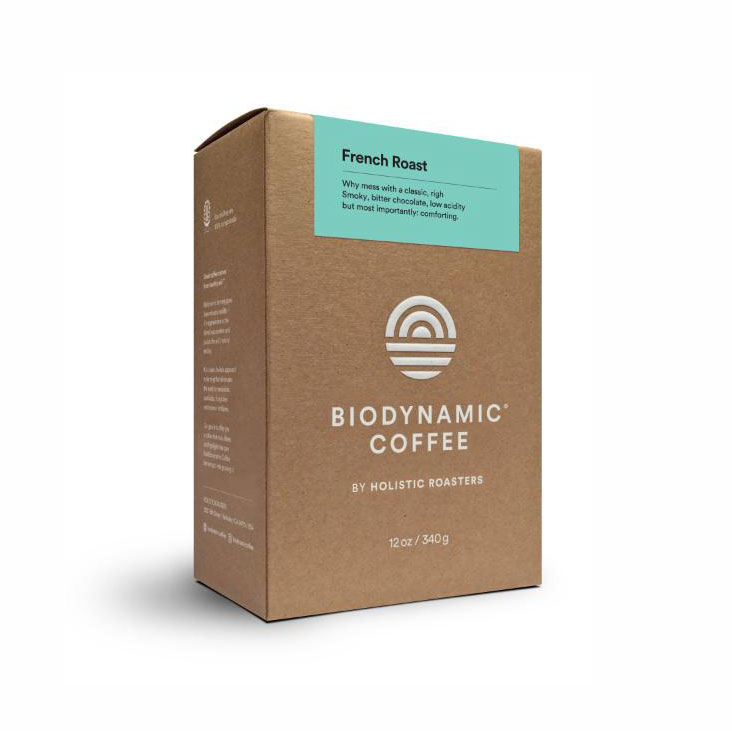
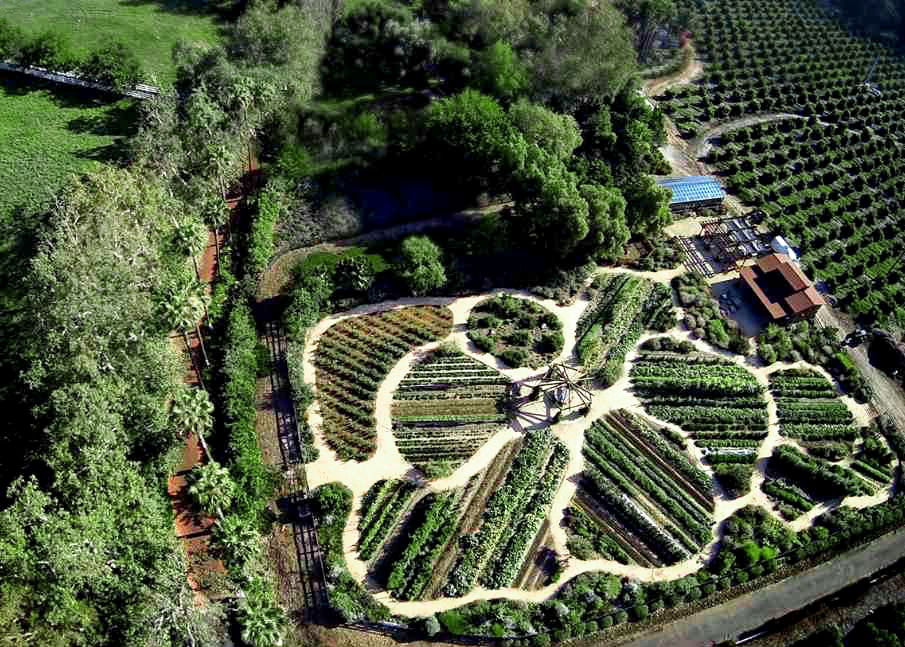
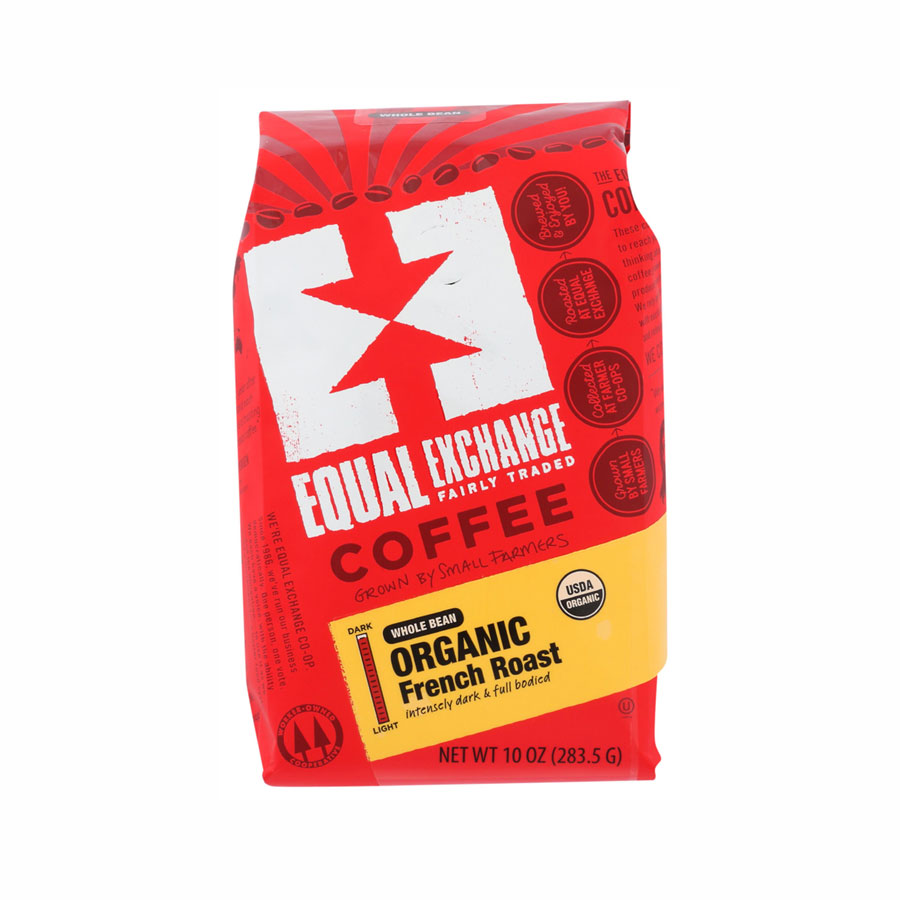
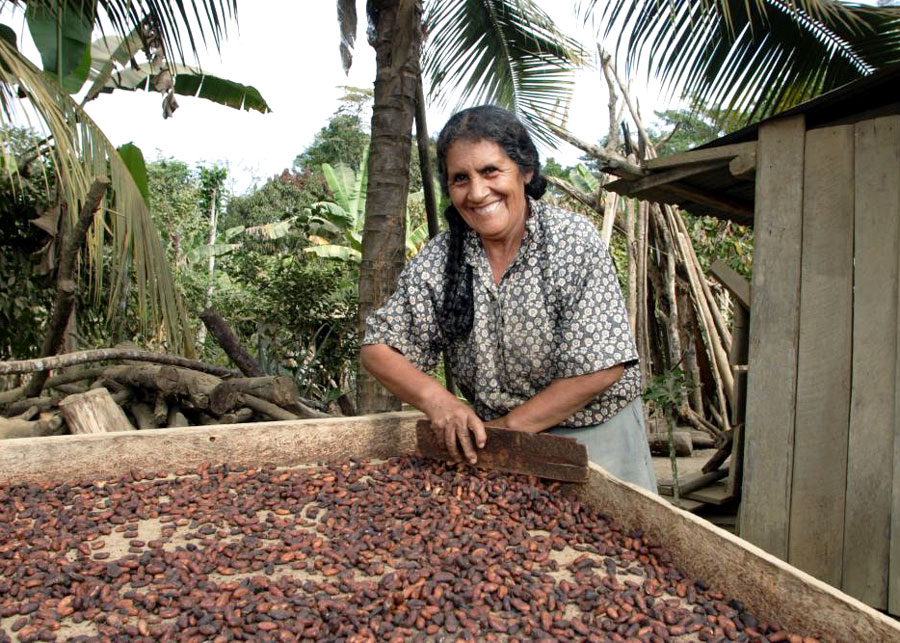
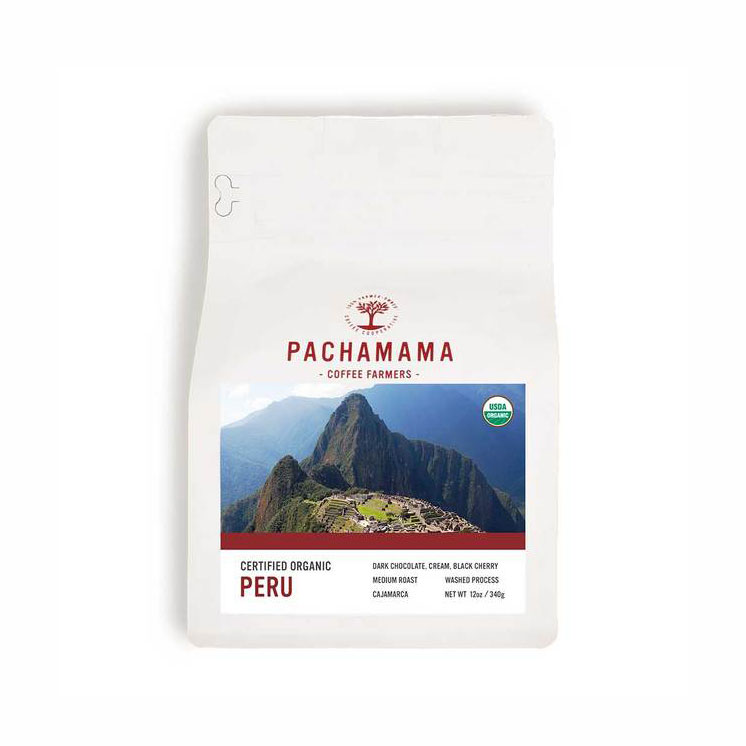
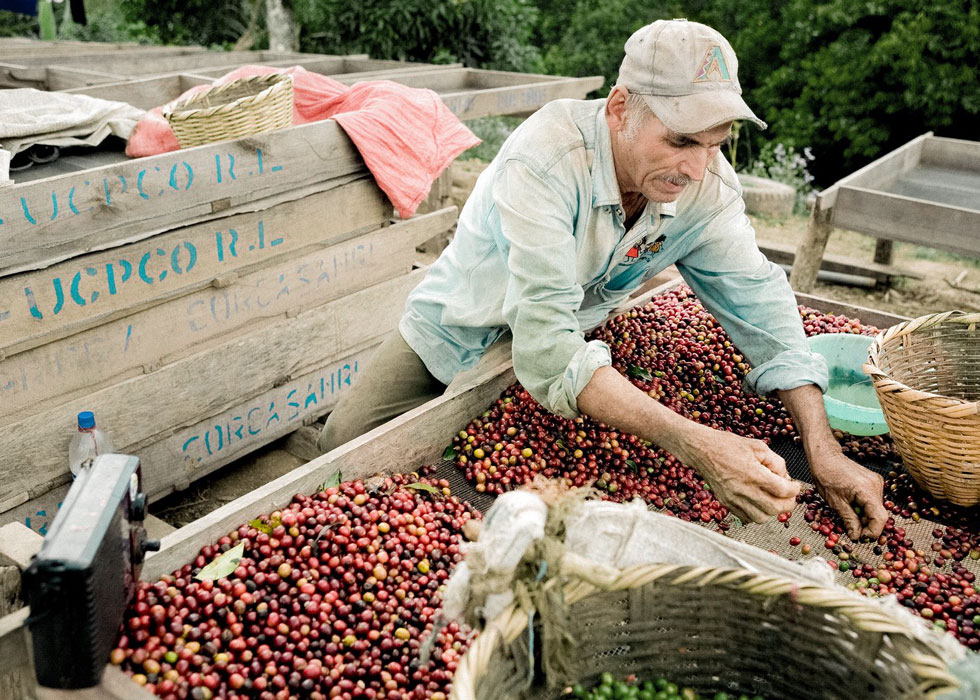
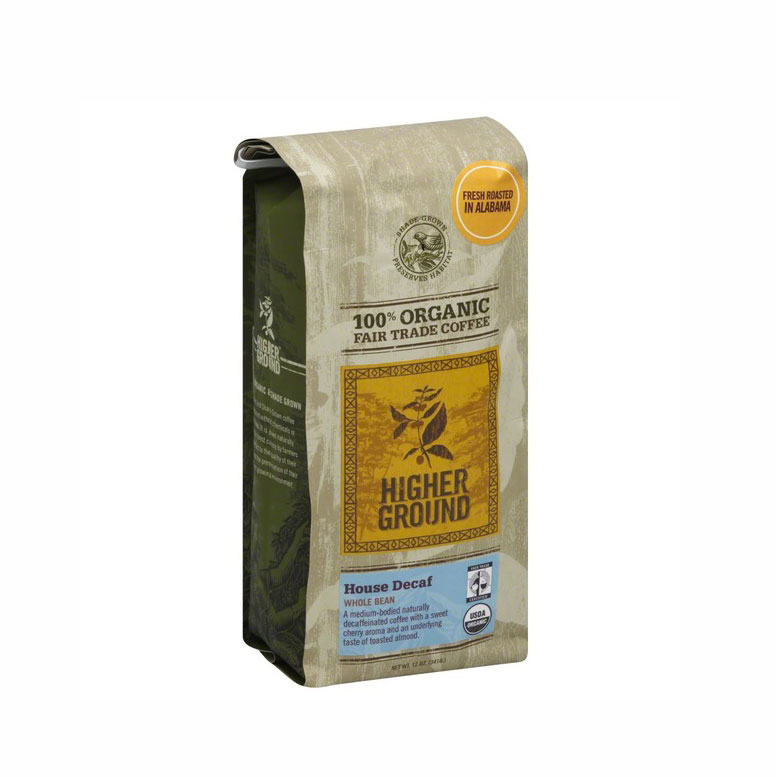
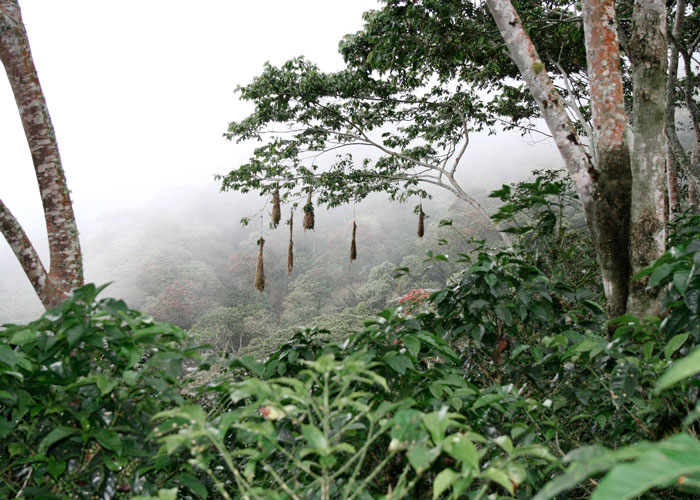
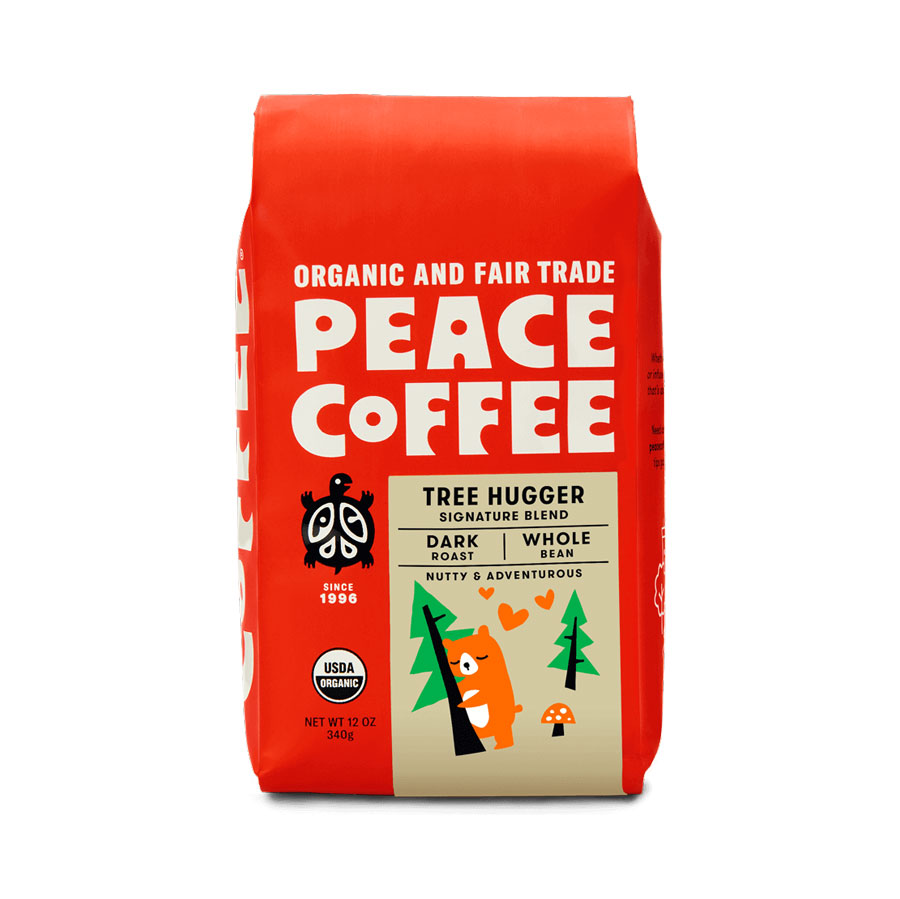
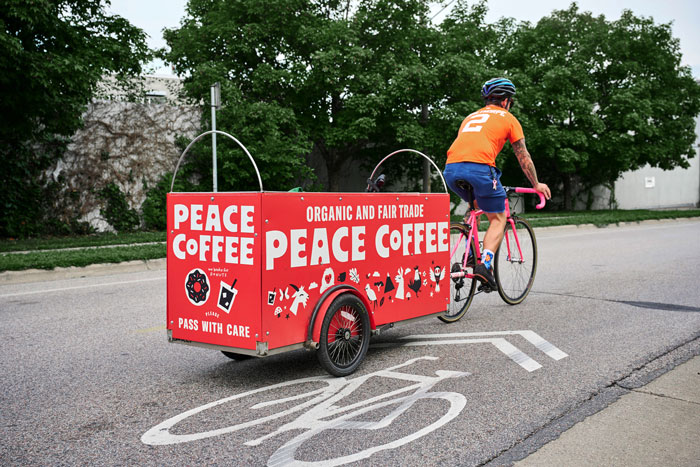
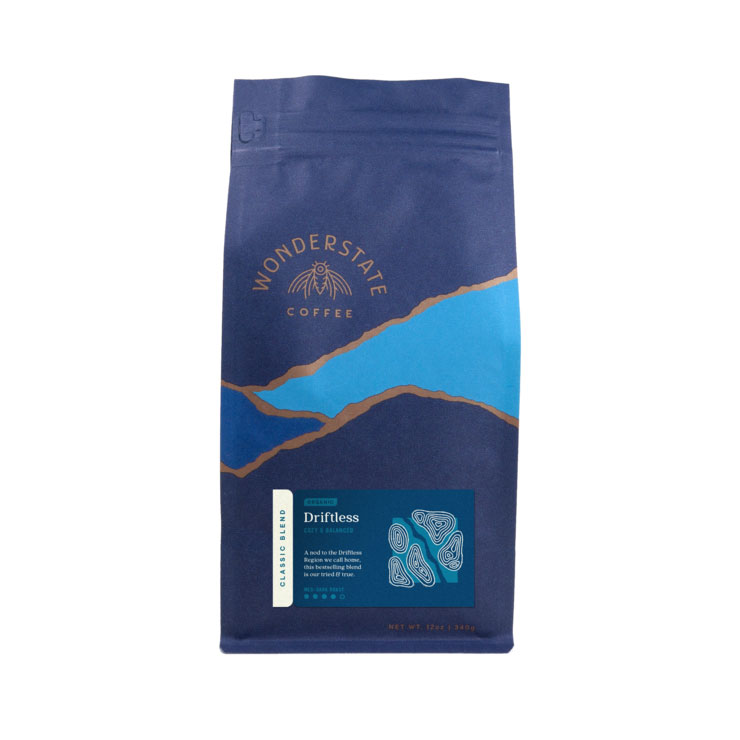
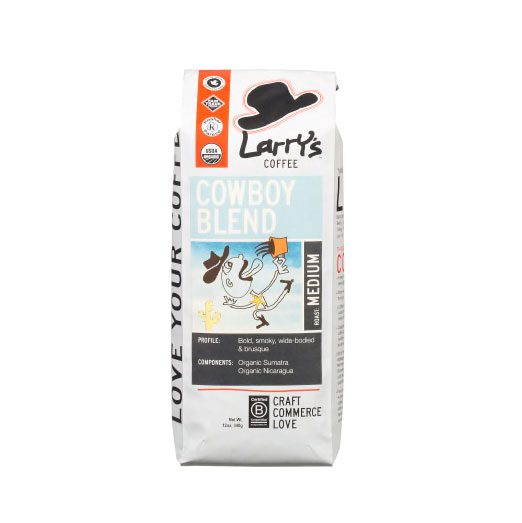
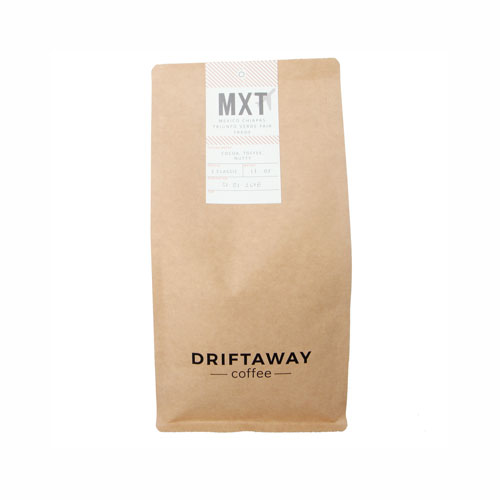
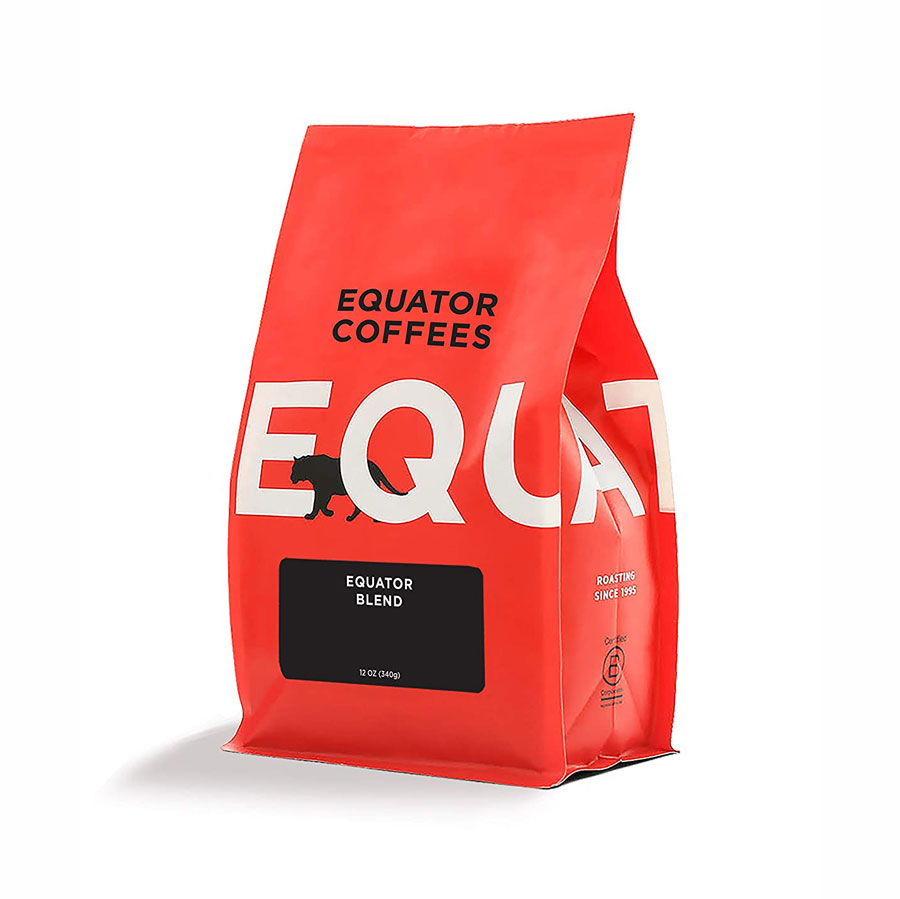
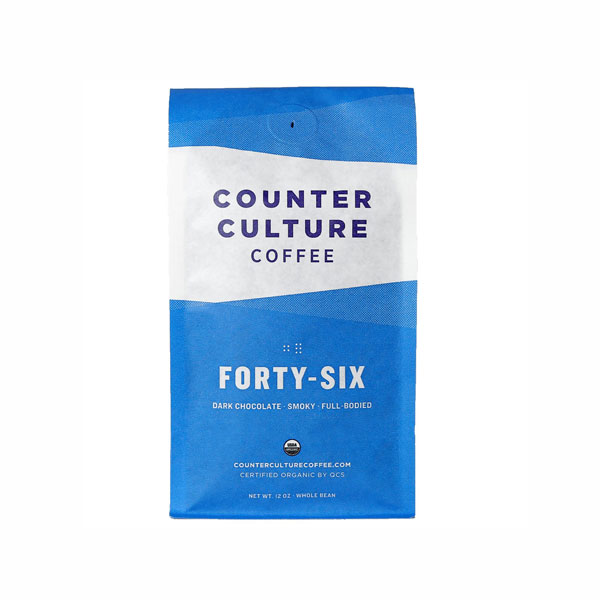
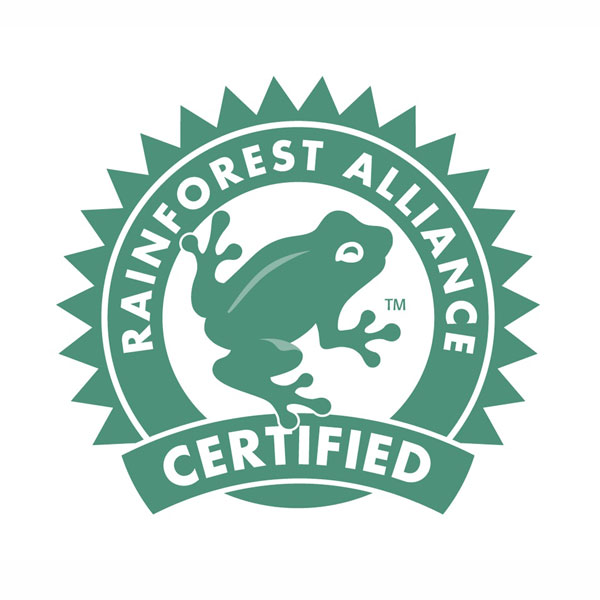
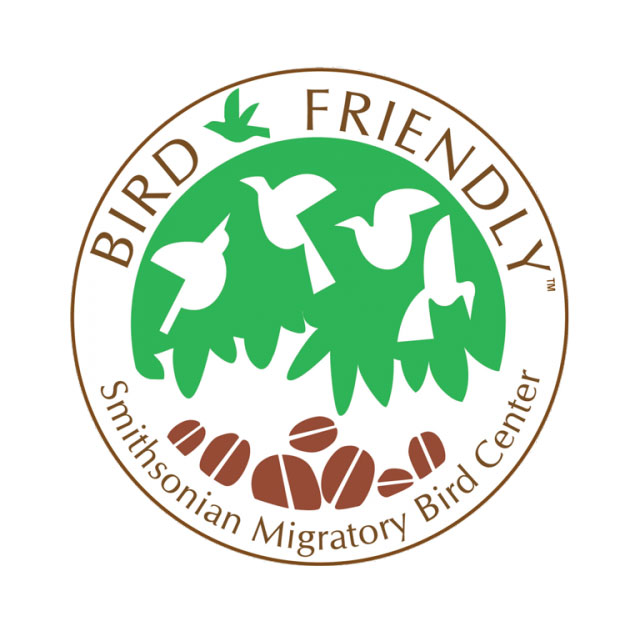





0 Comments